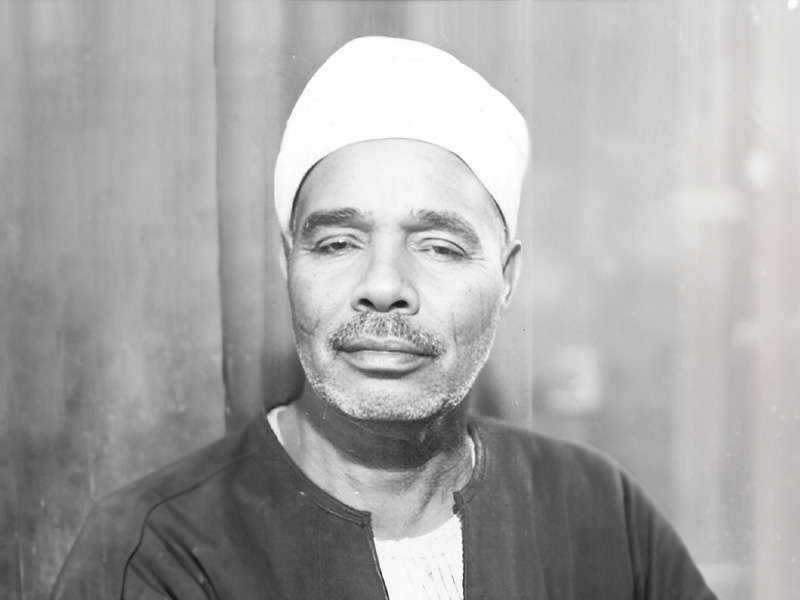The 100th anniversary of the first Arabic book on folklore, ‘Arabic in Sudan’ (1923–2023)
Issue 63

Majzoub Aidarous, Sudan
The ongoing revolution in Sudan, which started in 2018, has kept the Sudanese media, as well as cultural and academic circles distracted from an important cultural event. An event that does not only concern Sudan alone but is of interest to all those involved in the Arab culture, particularly Arabic folk culture.
This event is the 100th anniversary of the publication of the book Arabic in Sudan. Therefore, this study commemorates Sheikh Abdullah Abdul Rahman Al Darir (1890–1964), a notable cultural figure who published the book ‘Arabic in Sudan’ one hundred years ago. The Khartoum Knowledge Department first published it in 1923, and the Sudanese Ministry of Education reissued it in 1967. The Beirut-based Lebanese Book House was in charge of publishing it.
Although the first edition of this book was published in 1923, other sources suggest that it was mentioned in the Cairo-based Al-Hilal magazine in 1922. I have learned this since I was a high school student in the late 1960s studying the second edition of the book, which seems impossible given that the book first appeared in 1923.
The first reference to the book comes in the July 1924 edition of Al-Hilal magazine, the tenth issue, in the thirty-second year (the first issue was in 1892). According to Al-Hilal, Sheikh Abdullah Abdul Rahman Al Darir wrote the two-volume, 180-page book.
The first volume delves into Sudanese dialects and customs as well as their Arabic origins. The second volume of the book, on the other hand, provides a continuation of the studies published in the previous volume as well as samples of poems written in the vernacular Sudanese dialect.
Given its profound importance, this particular piece of work necessitates a thorough and painstaking investigation. The author's numerous allusions to the meticulous inquiry and diligent analysis that are distinctive of European folklore studies should not be regarded in a casual manner.
The study is novel in Arabic, and the author deserves to be honoured for having paved the way for Eastern authors in Syria and Egypt. We want them to appreciate This seminal work was commissioned by S. Hillelson, a professor of history at Gordon Memorial College in Khartoum, and published for the first time in Sudan in 1923. This English academic studied traditional Sudanese society because he found it fascinating. Hillelson has written a number of books, including his notebook of Sudan Arabic, English-Arabic vocabulary.


































































